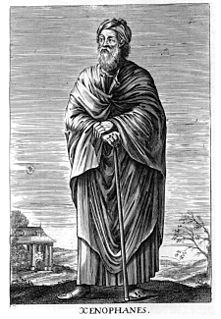A Quote by Epictetus
No man is disturbed by things, but by his opinion about things.
Related Quotes
But what a feeling can come over a man just from seeing the things he believes in and hopes for symbolized in the concrete form of a man. In something that gives a focus to all the other things he knows to be real. Something that makes unseen things manifest and allows him to come to his hopes and dreams through his outer eye and through the touch and feel of his natural hand.
Man is not the source of all things, as the subjective idealists would say. Nor is he the passive observer of all things, as the objective idealists would say. The Quality which creates the world emerges as a relationship between man and his experience. He is a participant in the creation of all things. The measure of all things.
My knowledge is, if you will follow the teachings of Jesus Christ and his Apostles, as recorded in the New Testament, every man and woman will be put in possession of the Holy Ghost. . . . They will know things that are, that will be, and that have been. They will understand things in heaven, things on the earth, and things under the earth, things of time, and things of eternity, according to their several callings and capacities.
There is, perhaps, one universal truth about all forms of human cognition: the ability to deal with knowledge is hugely exceeded by the potential knowledge contained in man's environment. To cope with this diversity, man's perception, his memory, and his thought processes early become governed by strategies for protecting his limited capacities from the confusion of overloading. We tend to perceive things schematically, for example, rather than in detail, or we represent a class of diverse things by some sort of averaged "typical instance.
Let a man learn to look for the permanent in the mutable and fleeting; let him learn to bear the disappearance of things he was wont to reverence; without losing his reverence; let him learn that he is here, not to work, but to be worked upon; and that, though abyss open under abyss, and opinion displace opinion, all are at last contained in the Eternal Cause.






































